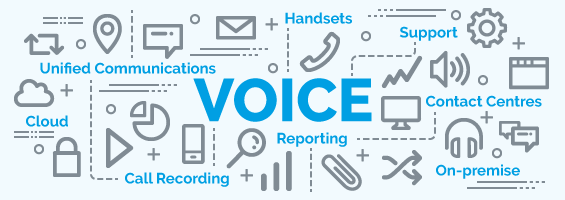Hacking – a growing problem
Phone hacking is becoming an increasingly common practice. It occurs when criminals hack into business phone systems and make unauthorised calls to Premium Rate and International numbers. These attacks can result in extremely high costs if your phone system is unmonitored. They can also leave your business exposed and vulnerable to further attacks.
And, with the added threat of Social Engineering (whereby criminals attack voicemail boxes to place call) the quantity and ferocity of attacks is only going to increase.
8 simple steps to prevent business phone hacking
With businesses being liable for the cost of any fraudulent calls, we recommend you take the following preventative measures:
- Make sure all employees change their voicemail password from the default manufacturer settings.
- Change passwords from time to time, especially when employees leave the organisation.
- Use strong passwords – at least 8 characters long, containing both upper and lower-case letters, numbers and special symbols – to make them less easy to guess.
- Delete unused extensions and voicemails.
- Make sure your system is programmed with Call Barring for non-essential Premium Rate and International numbers.
- Limit call forwarding to known or internal numbers only.
- Regularly review your call history and monitor call usage of individual users.
- Use restrictive firewall rules to ensure they only respond to authorised clients within a given IP space.
Datasharp’s added extras
There are numerous methods you can use to limit the chances of being hacked. We recommend to our customer that they also:
- Register for our free real time toll fraud detection product ‘LineGuard’ which monitors all your accounts in real time, to quickly identify and take action to reduce the impact of hacking.
- Set up a free “E-Alert” facility to alert you of unusual call patterns.
- Install a low-cost Voice Firewall.
- Speak to our IT experts about RFC2827 Network Ingress Filtering to combat IP Source Address Spoofing.



